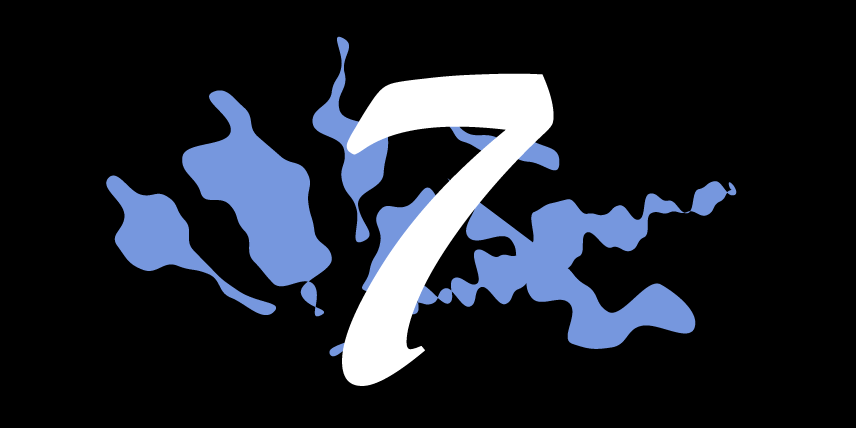

玉帶林中掛
The first image encountered in the register shows two dead trees with a jade belt hanging from them. The jade (玉) already hints at the character of Lin Daiyu (林黛玉), and the corresponding verse makes the reference clear still: two trees together (木+木) create her surname (林). The belt is a punning reference to Lin's name: belt (dai 帶) is a homonym for the 黛 (dai) of her name. This macabre image portends the tragic end of Lin Daiyu in the story.

金簪雪裏埋
The same image and verse that represented Lin Daiyu (above) also shows another character, Xue Baochai 薛寶釵, who, with her healthy practicality and conventional charm, serves as a perfect foil to the sensitive and fragile Daiyu; in the mythology of the tale, the two together form the ideal woman. Her name means 'precious hairpin' and the motif of gold follows her throughout the story. The snow here (雪 xue) is a homonym for her surname.

榴花開處照宮闈
Jia Yuanchun's illustration in the register is that of a bow with a citrus hanging from it. In David Hawkes' view, the bow is a simple pun for the palace (弓 "bow" = 宫 "palace"), while the citrus (櫞 yuan) represents the Yuan (元) of her name. In the story, Yuanchun is the older sister of Baoyu. After serving in the palace as a lady-in-waiting, she becomes an Imperial Concubine: a position of great honour which nonetheless becomes stifling for her.

千里東風一夢遙
Jia Tanchun (賈探春) is represented in the register by the image of two people flying a kite, along with a crying woman in a boat. The theme of a kite follows Tanchun throughout the story. The line in the poem about being blown 1000 miles away riffs on the kite theme as well as the weeping woman in the boat; the intelligent and talented Tanchun is fated to marry an official in a distant province far from home.

the Chu clouds have flown
湘江水逝楚雲飛
The painting that represents Shi Xiangyun (史湘云) is of drifting clouds and flowing water. The poem clarifies that these are the waters of the Xiang river (湘, the same character as in Xiangyun's name) while the 云(雲) of her name is shown by the Chu clouds of the same region. Her fate is to lose her husband after a happy but brief marriage and remain a chaste widow to the end of her days.

she sinks at last into the mire
可憐金玉質,終陷淖泥中
Miaoyu (妙玉) means something like 'wonderful jade' and the image that accompanies her poem in the register is a fine piece of jade dropped in the mud. Miaoyu (her name is rendered 'Adamantina' in the David Hawkes translation) is a nun who is obsessed with purity; she meets an ironic end when captured by bandits and forced to live in a brothel.

子係中山狼
Jia Yingchun (賈迎春) has as her image a wolf carrying off a beautiful maiden, and the Wolf of Zhong Shan alluded to in the verse is from a fable in which a Mohist scholar saves a wolf from hunters only to become the beast's next meal. In the story, the good-hearted Yingchun is married off to an abusive and ungrateful man. This wolfish husband has the surname 孫 (sun) and there is graphical wordplay in this poem as the first two characters 子and 係 meaning "the master is" or "you are" can be combined to form his surname.

Sleeping alone beside Buddha's alter lamp
可憐繡戶侯門女,獨臥青燈古佛傍!
Jia Xichun (賈惜春) has as her image in the register a fairly direct depiction of her life: a woman sits alone in an old temple reading a sutra. There is little left to interpretation here. In the story Xichun indeed decides to turn her back on worldly affairs and enters a Buddhist order.

風鳥偏從末世來
Wang Xifeng (王熙鳳) is one of the most memorable characters in the novel, whose iron-fisted control over the household is matched by her wit, charm and manipulative ways. Her name means phoenix, and the image in the register is of a phoenix perched on an iceberg, probably alluding to the hard times she faced after the fall of the family.It may be that in the author's original scheme for the ending of the book some catastrophe was to befall her in the snow.

巧得遇恩人
Jie Qiaojie (賈巧姐) is the daughter of Wang Xifeng (Phoenix). Her image in the registry is a straightforward one: a girl sits spinning in a country cottage. Thanks to the fortuitous help of Granny Liu, Xichun eventually marries a farmer's son and lives a simple bucolic life thereafter. This storyline echoes that of her mythological namesake, the Weaving Maiden of Chinese astrology, who marries the Herdboy across the Milky Way.

Yet, when all’s done, her Orchid was the best.
桃李春風結子完,到頭誰似一盆蘭?
Li Wan (李紈) has as her image a healthy-looking orchid in a pot, while a lady in full court dress stands by. The plum tree refers to Liwan herself, since she has plum (李) in her name. The orchid refers to her son Jia Lan (賈蘭) who eventually passes the civil service exams to become a high official (thus entitling Li Wan to the full court dress of the picture).

Love, meeting with its like, breeds wantonness.
情天情海幻情深,情既相逢必主淫
Qin Keqing (秦可卿) is quite a mysterious character in the novel. It is in her bed that Baoyu has his first sexual encounter. This happens in the ordinary time of the main story, but also in the celestial realms of fantasy. Fast asleep in the real world, Baoyu finds himself in the celestial realm where a fairly-like being called both "two-in-one" and "Keqing", is understood to be the perfect combination of Baochai and Daiyu and thus well placed to provide Baoyu's sexual initiation, purportedly to cure him of his lustful inclinations. Predictably, it seems to have the opposite effect.

